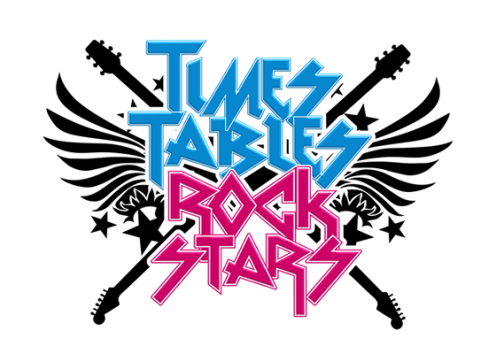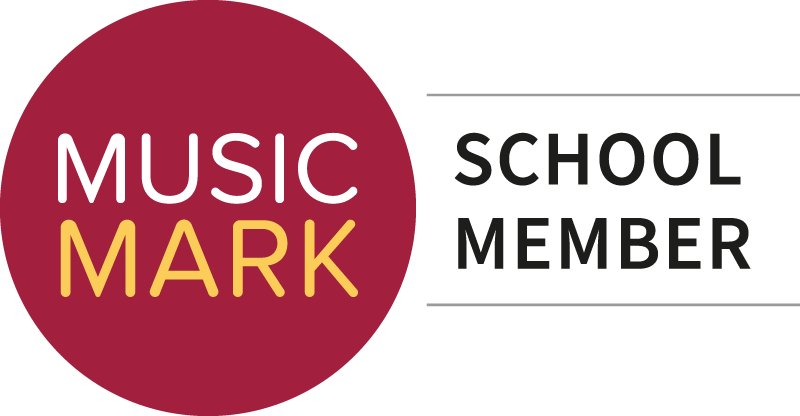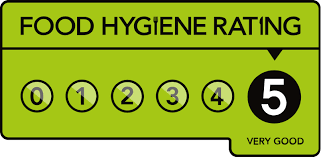Maths
At Belmore Primary Academy we believe that the teaching of mathematics should equip children with unique, powerful tools to help them understand and make sense of the world around them. These tools include logical reasoning, problem solving skills and the ability to think in abstract ways.
Mathematics is a whole network of concepts and relationships which children can use to analyse and communicate information and ideas and to tackle a range of practical tasks and real-life problems. Mathematics is important in everyday life. It is integral to all aspects of life and we will endeavour to ensure that children develop a healthy and enthusiastic attitude towards mathematics that will stay with them and make them happy, confident lifelong learners.
The National Curriculum for mathematics aims to ensure that all pupils:
- Become fluent in the fundamentals of mathematics, including through varied and frequent practice with increasingly complex problems over time, so that pupils develop conceptual understanding and the ability to recall and apply knowledge rapidly and accurately.
- Reason mathematically by following a line of enquiry, conjecturing relationships and generalisations, and developing an argument, justification or proof using mathematical language.
- Can solve problems by applying their mathematics to a variety of routine and non-routine problems with increasing sophistication, including breaking down problems into a series of simpler steps and persevering in seeking solutions. Mathematics is an interconnected subject in which pupils need to be able to move fluently between representations of mathematical ideas.
Y1 through to Y6, Maths lessons are planned and delivered using the White Rose scheme of learning. It is underpinned by the concrete, pictorial, abstract (CPA) approach. Classrooms have a range of mathematical resources made available for children in each key stage. These include, but are not limited to, Numicon, Base 10, place value counters, Bead string, number lines, digit cards and a hundred squares
Pupils are taught through an evidence-based “I do, We do, You do” approach and are given the opportunity to practice using our “Super 6” question format. These questions are progressive and include a mix of fluency, reasoning and problem-solving so that children have opportunities to make explicit connections throughout their independent practice. Differentiation, for the most part, is outcome-based and not question-based.
The expectation is that the majority of pupils will move through the programmes of study at broadly the same pace. However, decisions about when to progress should always be based on the security of pupils’ understanding and their readiness to progress to the next stage. Pupils who grasp concepts rapidly should be challenged by being offered rich mastery and sophisticated problems before any acceleration through new content. Those who are not sufficiently fluent with earlier material should consolidate their understanding, including through additional practice, before moving on.
In Key Stage 1, our aim is to ensure that pupils build fluency, reasoning and problem-solving skills through active learning. We want them to have confidence and mental fluency with numbers, space and measure. Pupils will have different opportunities within the sessions to use a range of methods and manipulatives that allow them to be effective learners. They will move to Key Stage 2 with the next step of applying their knowledge to more complex problem-solving and reasoning – making connections between multiple units and applying them through multi-step problems. This means they can then begin to apply and deepen their understanding of key mathematical concepts.
Intent
High Expectations |
All children are expected to succeed and make progress from their starting points. |
Mastery Modelling |
Teachers teach the skills needed to succeed in mathematics providing examples of good practice through high quality modelling and having high expectations of all pupils. We do this by using the “I do, we do, you do” approach. |
A Vocabulary Rich Environment |
We intend to create a vocabulary rich environment, where talk for maths is a key learning tool for all pupils. Pre-teaching key vocabulary is a driver for pupil understanding and develops the confidence of pupils to explain mathematically. |
Environment Pattern |
All children will have opportunities to identify patterns or connections in their maths; they can use this to predict and reason and to also develop their own patterns or links in maths and other subjects. |
Implementation
Lesson Structure |
Maths lessons are designed with a concrete, pictorial and abstract (CPA) approach, providing our pupils with the scaffolding required to access the learning at all levels. Every lesson begins with a year group specific times table activity to activate learning and reiterate the importance of fluently learning times tables. We then move on to explicitly teach vocabulary that is relevant to the lesson, and that vocabulary is modelled consistently throughout. Teachers use the “I do, we do, you do” approach to show mathematical thinking, display a high-quality model and use explicit vocabulary. The repetitive nature of the model allows pupils the opportunity to practice and embed skills.Teachers use an AFL or hinge tasks to assess which children are ready for independent practice, and scaffold where necessary. |
Super Six |
To demonstrate their mathematical understanding, children a given six progressively challenging questions at age-related expectations (ARE), including varied fluency embed in reasoning questions. Our intention is that differentiation is made through outcome. |
Weekly Arithmetic Lessons |
Discrete weekly arithmetic lessons take place in all classes in Years 2-6. Children are given time to practice and perfect their calculation strategies including giving pupils the opportunity to make appropriate decisions when estimating, calculating and evaluating the effectiveness of their chosen methods. |
Impact
Pupil Voice |
Through discussion and feedback, children talk enthusiastically about their maths lessons and speak about how they love learning about maths. They can articulate the context in which maths is being taught and relate this to real life purposes. Children show confidence and believe they can learn about a new maths area and apply the knowledge and skills they already have. |
Evidence in Knowledge |
Pupils know how and why maths is used in the outside world and in the workplace. Mathematical concepts or skills are mastered when a child can use an appropriate representation and mathematical language to explain their ideas, and can independently apply the concept to new problems in unfamiliar situations. Children demonstrate a quick recall of facts and procedures. This includes the recollection of the times tables. |
Evidence in Skill |
Pupils use acquired vocabulary in maths lessons. They have the skills to use methods independently and show resilience when tackling problems. The flexibility and fluidity to move between different contexts and representations of maths. They will use arithmetic and timetables fluently and make connections in order to solve real life problems. Children show a high level of pride in the presentation and understanding of the work. |
Outcomes |
Children will make good progress in Mathematics from their last point of statutory assessment of from their starting point in Nursery. Children who have gaps in their knowledge receive appropriate support and intervention. |
Time Tables Rock Stars
 Times Tables are at the heart of mental arithmetic, which in itself helps form the basis of a child’s understanding and ability when working with number. Once the children have learnt the times tables and related divisions by heart, they are able to work far more confidently – and efficiently – through a wide range of more advanced calculations. At Belmore, we believe that through a variety of interactive, visual, engaging and rote learning techniques, most children can achieve the full times tables knowledge required by the end of Year 4.
Times Tables are at the heart of mental arithmetic, which in itself helps form the basis of a child’s understanding and ability when working with number. Once the children have learnt the times tables and related divisions by heart, they are able to work far more confidently – and efficiently – through a wide range of more advanced calculations. At Belmore, we believe that through a variety of interactive, visual, engaging and rote learning techniques, most children can achieve the full times tables knowledge required by the end of Year 4.
According to the new National Curriculum the expectation of times tables in each Year Group is as follows:
Year 2 - 2x, 5x, 10x
Year 3 - 3x, 4x, 8x
Year 4 - 6x, 7x, 9x, 11x, 12x
Year 5 - All x and ÷ facts (12x12)
Year 6 - All x and ÷ facts (12x12) and related language/symbols e.g. % and square root
We encourage everyone from Year 2 - Year 6 to log into Times Table Rock Stars for 10 minutes a day to practise their knowledge of times tables and the related division facts. You can log in using the link below or download the app on to a handheld device. Each week we choose the Rock Star of the Week and Class of the Week and present them with a special certificate.
Useful Videos
Column Addition
Column Subtraction
Short Multiplication





